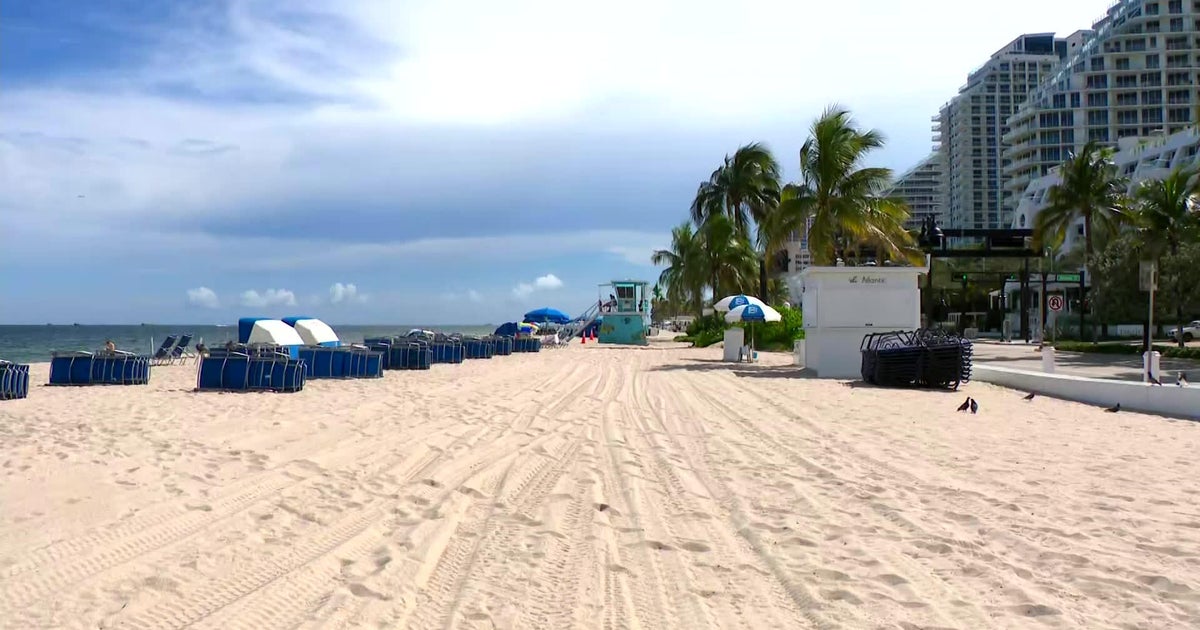- Messages
- 4,700
Americans love the freedom to die in fiery auto crashes more.
Until around a decade ago, virtually all of the gap between the US and Canadian rates of crash deaths were explained by Americans simply driving more. Rebecca Weast, a coauthor of the study who works at IIHS, said that collisions in both countries dropped in 2007 as the global economy tanked. “Historically, crashes go down during recessions,” she told me. “But the US bounced back, and Canada just kind of kept going.”
From 2010 to 2020, Weast and her coauthors found, total road deaths rose 18% in the US but declined 22% in Canada. That finding is even more jarring when considering that Canada’s population grew faster during the decade. This “crash gap” also widened when calculated as deaths per mile driven, a measure that, unlike deaths per capita, excludes changes in car use.
After crunching data from both countries, the researchers identified several factors that help explain the deepening statistical separation. Pedestrian and cyclist deaths have surged in the US, reaching their highest levels in decades, but they have fallen in Canada. At the same time, speed-, alcohol-, and semi-truck-related crashes have increased in the US but dropped to the north.
Until around a decade ago, virtually all of the gap between the US and Canadian rates of crash deaths were explained by Americans simply driving more. Rebecca Weast, a coauthor of the study who works at IIHS, said that collisions in both countries dropped in 2007 as the global economy tanked. “Historically, crashes go down during recessions,” she told me. “But the US bounced back, and Canada just kind of kept going.”
From 2010 to 2020, Weast and her coauthors found, total road deaths rose 18% in the US but declined 22% in Canada. That finding is even more jarring when considering that Canada’s population grew faster during the decade. This “crash gap” also widened when calculated as deaths per mile driven, a measure that, unlike deaths per capita, excludes changes in car use.
After crunching data from both countries, the researchers identified several factors that help explain the deepening statistical separation. Pedestrian and cyclist deaths have surged in the US, reaching their highest levels in decades, but they have fallen in Canada. At the same time, speed-, alcohol-, and semi-truck-related crashes have increased in the US but dropped to the north.






